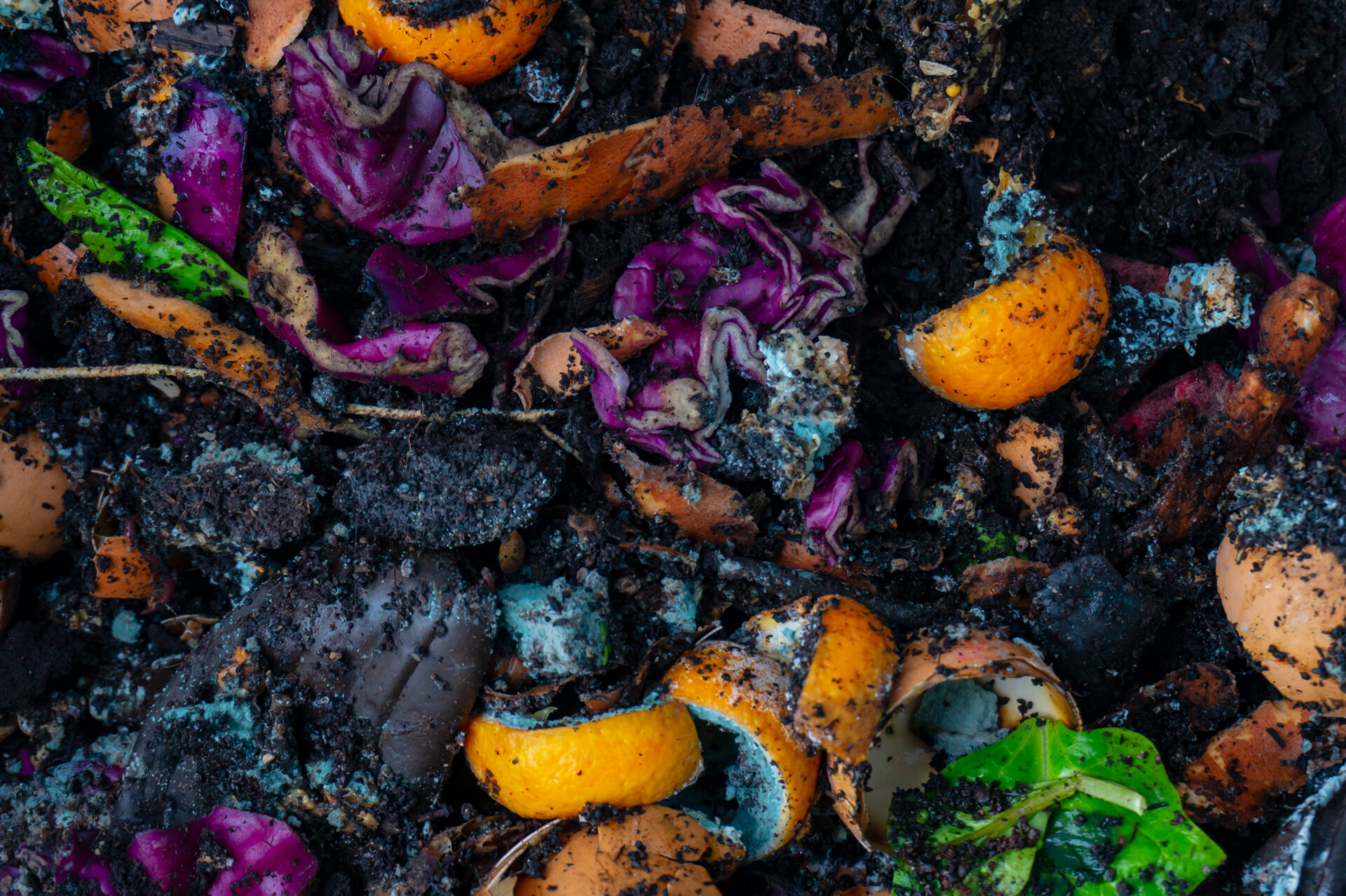
CONTACTS
Peter Blair, Just Zero – pblair@just-zero.org, (631) 741-2625
August 16, 2023 – Today, Just Zero published a new issue brief: “Tackling Food Waste Through Prevention and Recycling Laws.” The issue brief outlines how states and cities across the country can implement a proven and effective policy that not only reduces food waste, but also helps alleviate hunger and expand and strengthen composting programs.
Almost 40% of the food produced in the U.S. each year isn’t eaten. The vast majority of that uneaten food – roughly 80 million tons per year – ends up as waste. That’s 80 million tons of food waste producing methane in landfills, burning in climate-damaging incinerators, rotting in fields, and ending up as toxic sewage sludge. Meanwhile, millions of people in the U.S. struggle with hunger.
“We produce more than enough food to feed everyone”, says Peter Blair, Policy Director at Just Zero. “The problem is that our disposal-oriented waste management systems have made it all too easy to waste food without thinking about the social, economic, and environmental impacts.”
Currently, eight states have some form of a Food Waste Prevention and Recycling Law. These laws slowly ban the disposal of food waste in landfills and incinerators. Instead, businesses and institutions – and, in some cases, residents and households – will be required to find more sustainable avenues for managing the food waste they create. This includes reducing food waste, donating excess edible food to hunger relief organizations like food banks, using food waste for animal feed, or recycling it through composting.
Just Zero’s issue brief breaks down how these laws work and the successes that states with these laws have seen. The brief also outlines the steps elected officials can take to not only pass new laws, but make sure the law they enact is as strong and effective as possible.
“Whether in the form of state legislation or local ordinances, well designed Food Waste Prevention and Recycling Laws can help make food waste a thing of the past”, says Blair. “That means no more sending valuable food to landfills and incinerators. Instead, edible food will be donated to help feed those in need, and what isn’t safe for consumption will be composted to help create healthy fertilizers that will enrich and replenish our soils.”
“Tackling Food Waste Through Prevention and Recycling Laws” is available for download. As is Just Zero’s model “Food Waste Prevention and Recycling Law.”
For more information, please visit www.just-zero.org or reach out to Just Zero team members for further comment.
###